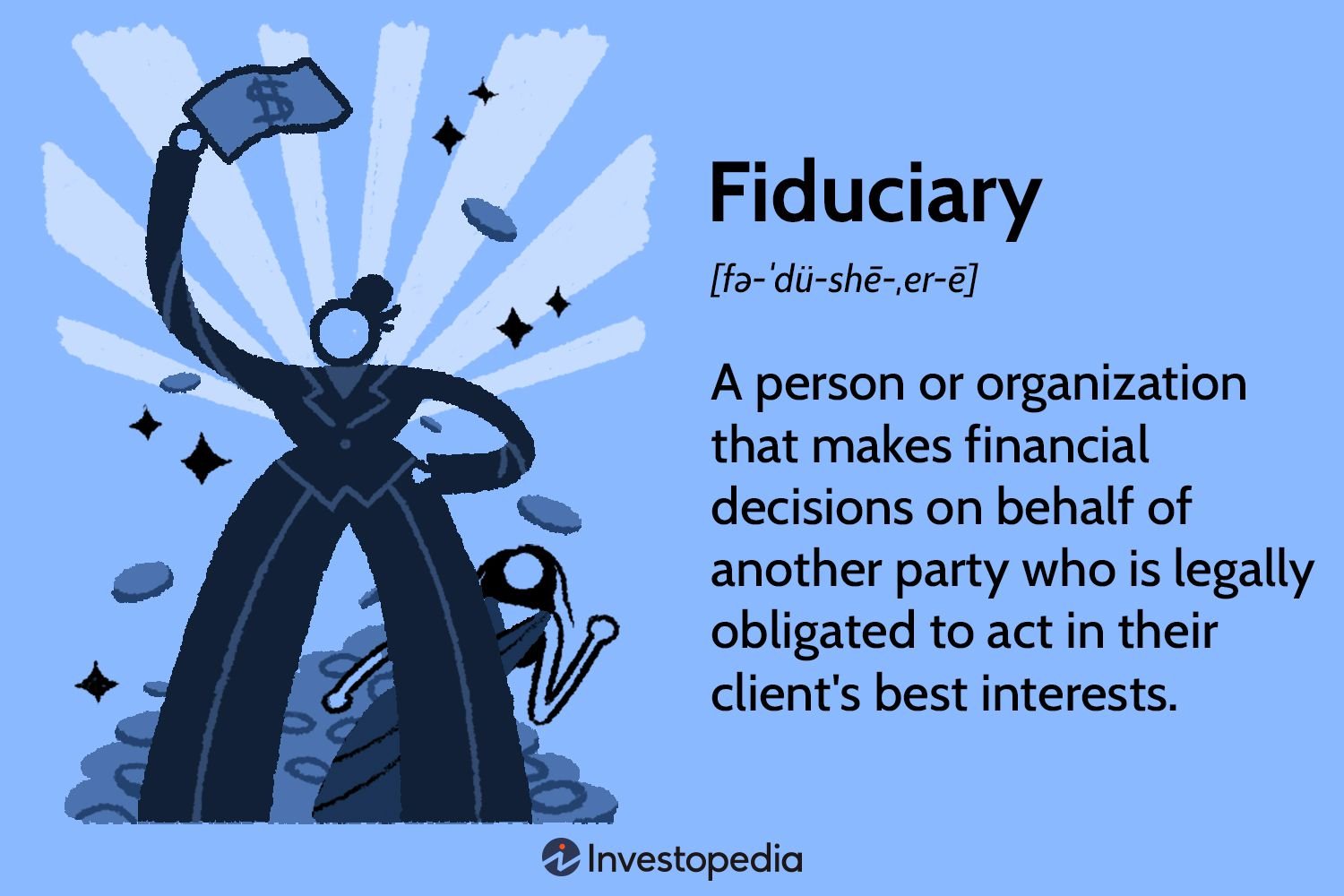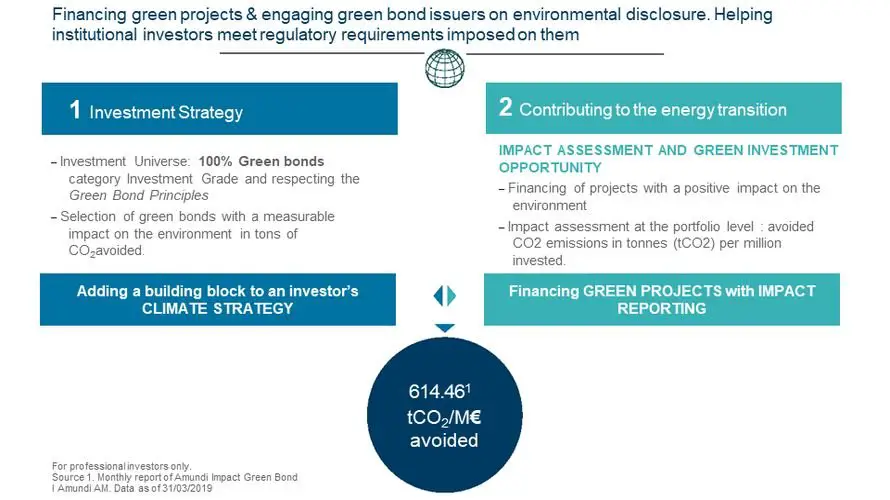Looking for someone to help you navigate the complex world of finances? Wondering what exactly is a certified financial planner? Well, you’ve come to the right place! A certified financial planner is an expert who can provide invaluable guidance on managing your money, investments, and future financial goals. With their extensive knowledge and experience, they can assist you in making informed decisions to secure your financial well-being. So, let’s delve into the world of certified financial planners and find out how they can make a difference in your financial journey. Ready? Let’s get started!
What is a Certified Financial Planner?
A Certified Financial Planner (CFP) is a professional who helps individuals and families manage their finances and achieve their financial goals. They have undergone extensive training and education to gain expertise in various areas of personal finance, including investment planning, retirement planning, tax planning, estate planning, and insurance planning. A CFP is committed to upholding high ethical and professional standards, providing unbiased advice, and acting in the best interests of their clients.
Education and Certification
To become a Certified Financial Planner, individuals must meet specific education and experience requirements set by the Certified Financial Planner Board of Standards (CFP Board). These requirements include:
- Completing a bachelor’s degree or higher from an accredited institution
- Completing a CFP Board-registered program or an equivalent program of study
- Acquiring three years of full-time relevant work experience
- Passing the CFP Certification Examination, which tests their knowledge and understanding of financial planning principles, investment planning, retirement planning, tax planning, estate planning, and more
- Adhering to the CFP Board’s Code of Ethics and Standards of Conduct
By fulfilling these requirements, individuals can earn the prestigious CFP designation, which is widely recognized and respected in the financial planning industry.
Areas of Expertise
A Certified Financial Planner has comprehensive knowledge and expertise in various aspects of personal finance. They can provide guidance and advice in the following areas:
1. Investment Planning
A CFP can help clients develop a personalized investment strategy based on their financial goals, risk tolerance, and time horizon. They analyze different investment options, such as stocks, bonds, mutual funds, and real estate, and recommend suitable investments to help clients grow their wealth.
2. Retirement Planning
Planning for retirement is crucial to ensure financial security in the later years of life. A CFP helps clients calculate how much they need to save for retirement, recommends appropriate retirement accounts, and creates a detailed plan to achieve retirement goals. They consider factors like Social Security benefits, pension plans, and investment returns to create a sustainable retirement income strategy.
3. Tax Planning
A Certified Financial Planner assists clients in minimizing their tax liability by identifying tax-saving strategies and taking advantage of available deductions and credits. They stay updated with the latest tax laws and regulations to provide accurate and effective tax planning advice.
4. Estate Planning
Estate planning involves managing and distributing assets after death. A CFP helps clients create a comprehensive estate plan that includes wills, trusts, powers of attorney, and beneficiary designations. They work closely with clients’ attorneys to ensure their estate plan aligns with their wishes and minimizes estate taxes.
5. Insurance Planning
Insurance is an essential component of a robust financial plan. A CFP evaluates clients’ insurance needs, such as life insurance, health insurance, disability insurance, and long-term care insurance, and recommends appropriate coverage to protect them from financial risks.
Benefits of Working with a Certified Financial Planner
Collaborating with a CFP offers numerous advantages for individuals seeking financial guidance:
1. Holistic Financial Planning
A CFP takes a holistic approach to financial planning, considering all aspects of a client’s financial situation. They assess income, expenses, assets, liabilities, and goals to develop a comprehensive plan that addresses immediate needs and long-term objectives.
2. Objective and Unbiased Advice
CFPs are held to a fiduciary standard, which means they are obligated to act in their clients’ best interests. They provide unbiased advice and recommendations, ensuring that clients’ goals and financial well-being are prioritized.
3. Personalized Strategies
A CFP creates personalized strategies tailored to clients’ unique circumstances and goals. They consider individual risk tolerance, time horizon, and financial aspirations to develop customized plans that maximize the likelihood of success.
4. Professional Expertise
CFPs possess a deep understanding of complex financial concepts and stay updated with industry trends and changes. They have the knowledge and expertise to help clients navigate the complexities of the financial world and make informed decisions.
5. Monitoring and Adjustments
Financial planning is an ongoing process, and a CFP regularly reviews and monitors clients’ financial plans. They make necessary adjustments based on changing circumstances, market conditions, and evolving goals, ensuring that the plan remains on track.
A Certified Financial Planner plays a vital role in guiding individuals and families towards financial success. Their expertise, knowledge, and commitment to their clients enable them to create comprehensive financial plans that address various aspects of personal finance. By working with a CFP, individuals can gain peace of mind, knowing that their financial future is in capable hands.
How to Become a CFP professional? What is a Certified Financial Planner?
Frequently Asked Questions
Frequently Asked Questions (FAQs)
What is a certified financial planner?
A certified financial planner (CFP) is a professional who has undergone rigorous training and examination to earn a designation demonstrating their expertise in various aspects of financial planning. They help individuals and businesses create and implement comprehensive financial strategies to achieve their goals.
How does one become a certified financial planner?
To become a certified financial planner, one must fulfill specific criteria. This includes completing the required educational coursework, passing the CFP exam, obtaining relevant work experience, and adhering to ethical standards set by the Certified Financial Planner Board of Standards (CFP Board).
What services does a certified financial planner offer?
A certified financial planner provides a wide range of services, including financial goal-setting, budgeting, investment management, retirement planning, tax planning, estate planning, insurance analysis, and education planning. They tailor their advice and recommendations based on individual or business needs.
Why should I hire a certified financial planner?
Hiring a certified financial planner can offer numerous benefits. They have the expertise and knowledge to help you make informed financial decisions, create effective strategies, and navigate complex financial matters. They can also provide objective advice and help you stay focused on your long-term financial goals.
How much does it cost to hire a certified financial planner?
The cost of hiring a certified financial planner varies depending on factors such as the complexity of your financial situation, the services required, and the planner’s fee structure. Some planners charge an hourly rate, while others work on a percentage-of-assets-under-management basis. It’s important to discuss and understand the fees upfront.
How can a certified financial planner help with retirement planning?
A certified financial planner can assist in retirement planning by analyzing your current financial situation, estimating your future retirement expenses, determining the amount you need to save, recommending appropriate investment strategies, and helping you make the most of retirement accounts and benefits.
What is the advantage of working with a certified financial planner instead of managing finances on my own?
Working with a certified financial planner offers several advantages. They bring knowledge and expertise to the table, which can help you make more informed decisions. They provide an objective perspective and can help you stay on track with your financial goals. Additionally, they offer ongoing support and can adapt strategies as your circumstances change.
How often should I meet with my certified financial planner?
The frequency of meetings with your certified financial planner depends on your specific needs and goals. Initially, you may need to meet more frequently to develop a comprehensive financial plan. Afterward, regular check-ins, usually on an annual or semi-annual basis, can help review progress, reassess goals, and make any necessary adjustments.
Final Thoughts
A certified financial planner is a professional who has undergone rigorous training and obtained the necessary certifications to provide expert advice in the field of financial planning. They have a deep understanding of financial concepts and can help individuals and families create personalized strategies to achieve their financial goals. Certified financial planners offer guidance on various aspects such as investments, retirement planning, tax management, and estate planning. Their expertise helps clients make informed decisions and navigate the complexities of the financial world. Whether you need assistance with budgeting, saving, or investment planning, a certified financial planner can provide the guidance you need to secure your financial future.



